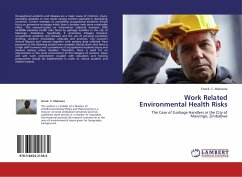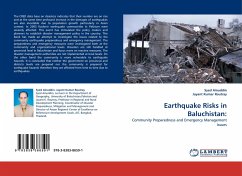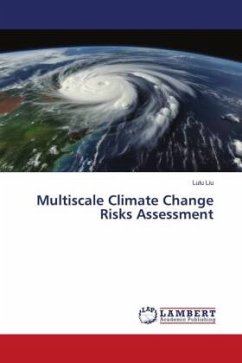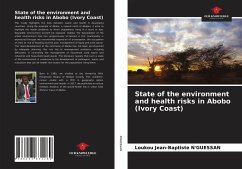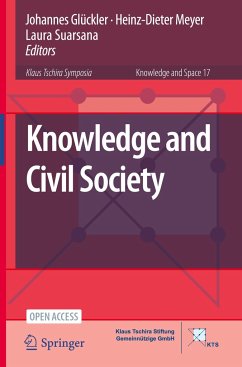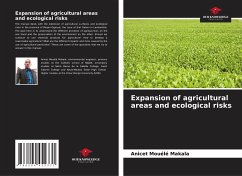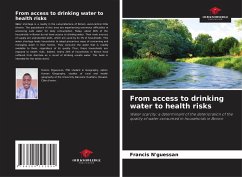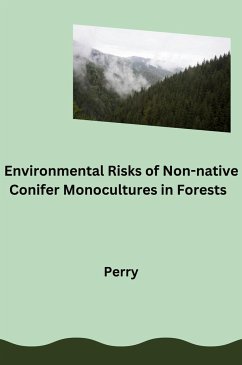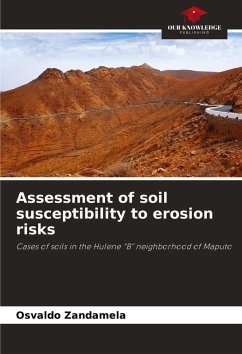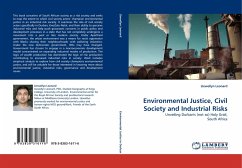
Environmental Justice, Civil Society and Industrial Risks
Unveiling Durban''s (not so) Holy Grail, South Africa
Versandkostenfrei!
Versandfertig in 6-10 Tagen
52,99 €
inkl. MwSt.

PAYBACK Punkte
26 °P sammeln!
This book conceives of South African society as a risk society and seeks to map the extent to which civil society actors champion environmental justice in an industrial risk society. It examines the role of civil society actors specifically in Durban, KwaZulu-Natal, and their ability to perceive industrial risks and help push grassroots concerns in public policy and development processes in a state that has not completely undergone a movement into a post or late modern society. Under Apartheid government, the urban environment was a means for racist oppression with Blacks sharing their neighbo...
This book conceives of South African society as a risk society and seeks to map the extent to which civil society actors champion environmental justice in an industrial risk society. It examines the role of civil society actors specifically in Durban, KwaZulu-Natal, and their ability to perceive industrial risks and help push grassroots concerns in public policy and development processes in a state that has not completely undergone a movement into a post or late modern society. Under Apartheid government, the urban environment was a means for racist oppression with Blacks sharing their neighbourhoods with polluting industries. Under the new democratic government, little may have changed. Government has chosen to engage in a macroeconomic development model concentrated on expanding industrial modes of production. The logic of wealth production has dominated the logic of risk production contributing to increased industrial risks in society. Work includes empirical analysis to explore how civil society champions environmental justice, and will be valuable for those interested in knowing more about environmental justice, industrial risks, governance and development issues.



